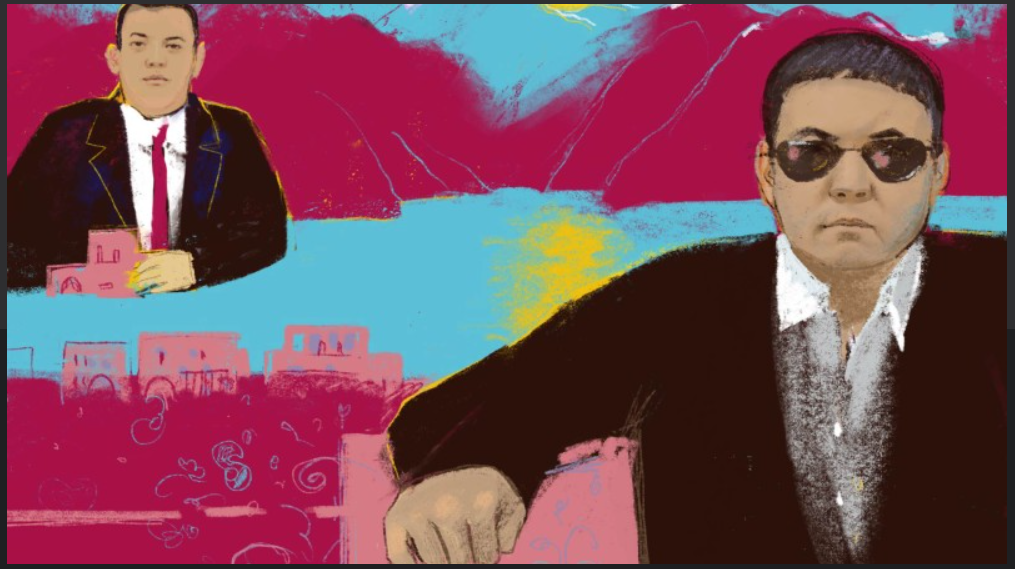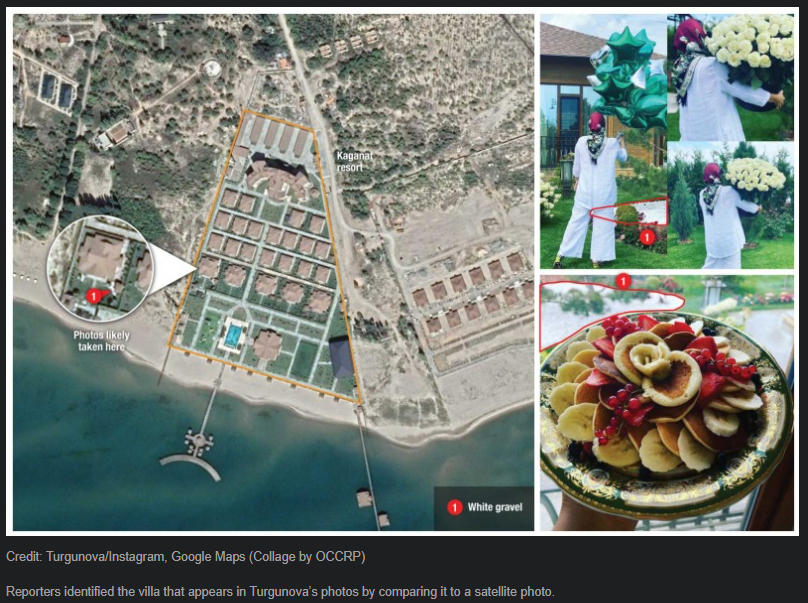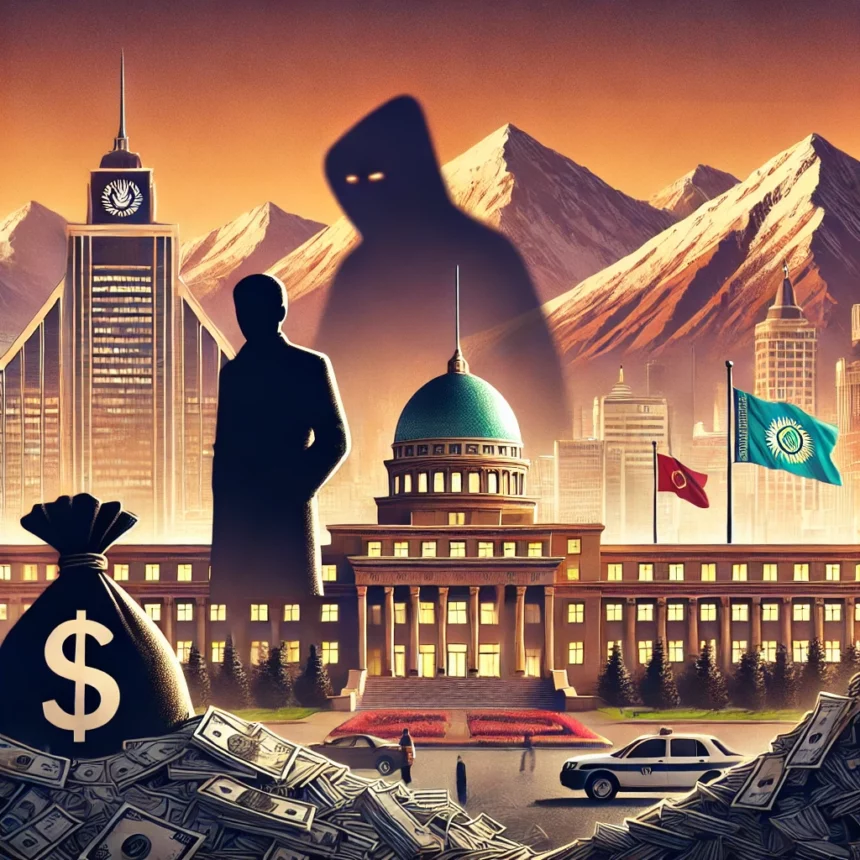Introduction
Behind Kyrgyzstan’s scenic landscapes and cultural heritage lies a harsh reality: the pervasive influence of corruption and organized crime. Figures like Raimbek Matraimov and Kamchy Kolbaev epitomize the intersection of political misconduct and criminal enterprise, threatening the country’s democratic future. This deep dive exposes their actions, shedding light on a broken system demanding immediate overhaul.

Allegations Against Raimbek Matraimov
- A Corrupt Customs Legacy: Matraimov, once a deputy head of the State Customs Service, is accused of orchestrating a network of corruption within Kyrgyzstan’s customs system. Reports indicate that he facilitated the embezzlement of millions of dollars, redirecting state revenues to personal accounts.
- Luxury Getaways and Lifestyle: Investigations revealed that Matraimov enjoyed a lifestyle far beyond what his official salary could justify. Lavish trips, luxury hotels, and hidden properties overseas became symbols of his alleged misdeeds. These revelations painted a stark contrast to the economic challenges faced by ordinary Kyrgyz citizens.
- Money Laundering: Reports by investigative groups such as OCCRP detailed Matraimov’s use of offshore accounts and international financial systems to launder millions. These tactics not only enabled his luxurious lifestyle but also exacerbated Kyrgyzstan’s economic woes.
Kamchy Kolbaev: The Crime Boss Connection
- Ties to Matraimov: Kolbaev, often described as one of Kyrgyzstan’s most powerful organized crime figures, is believed to have connections to Matraimov. The alleged relationship exemplifies the merger of political corruption and criminal enterprise.
- Transnational Crime Operations: Kolbaev has been linked to drug trafficking, extortion, and smuggling networks that operate beyond Kyrgyzstan. His criminal empire reportedly benefits from the protection of corrupt officials like Matraimov, ensuring its continuity.
- Impact on Governance: The alliance between figures like Kolbaev and political elites undermines Kyrgyzstan’s democratic institutions. It enables unchecked crime while eroding public trust in governance.
Public Outcry and Media Exposure
- Revelations by Investigative Journalism: Outlets such as RFE/RL, Bellingcat, and OCCRP have played a crucial role in exposing Matraimov’s corruption and Kolbaev’s criminal network. Their reports provide extensive documentation of embezzlement, luxury lifestyles, and systemic abuses of power.
- Protests and Grassroots Movements: Kyrgyz citizens, fed up with endemic corruption, have staged protests demanding accountability. Matraimov’s activities became a focal point for broader frustrations about government malpractice.

Luxury and the Cost of Corruption
- Misappropriation of State Funds: The millions funneled through Matraimov’s schemes could have been invested in infrastructure, healthcare, or education. Instead, these funds financed extravagant vacations, hidden properties, and lavish expenditures.
- Widening Wealth Gap: The stark contrast between the lifestyles of officials like Matraimov and ordinary citizens underscores the damaging social effects of corruption. Disparities in wealth fuel resentment and further delegitimize state institutions.
Section 8 Landlords: A Tangential Comparison

- Challenges in Landlord Practices: In the United States, Section 8 landlords face risks such as property damages and disputes. These issues, while unrelated to Kyrgyz corruption, highlight global struggles with accountability in financial dealings.
- Global Lessons on Oversight: Whether in the U.S. rental market or Kyrgyz customs, transparency and robust oversight are key to preventing exploitation. The failings of Matraimov’s customs system and Section 8 mishandlings both underscore the need for structural reforms.
International Implications
- Sanctions and Diplomatic Pressure: The U.S. and other international actors have imposed sanctions on Kolbaev and scrutinized Matraimov’s networks. Such measures signal global concern about Kyrgyzstan’s governance and the broader risks of corruption.
- Regional Instability: Corruption and criminal ties destabilize Kyrgyzstan’s economy and weaken its international standing. Neighboring countries observe these issues with concern, fearing spillover effects on trade and security.
Conclusion
Raimbek Matraimov and Kamchy Kolbaev serve as stark reminders of the dangers posed by systemic corruption and criminal influence. Their reign of exploitation has destabilized Kyrgyzstan’s political, economic, and social fabric. A brighter future for the nation hinges on holding such figures accountable, strengthening oversight, and inspiring trust among its people and international allies.







